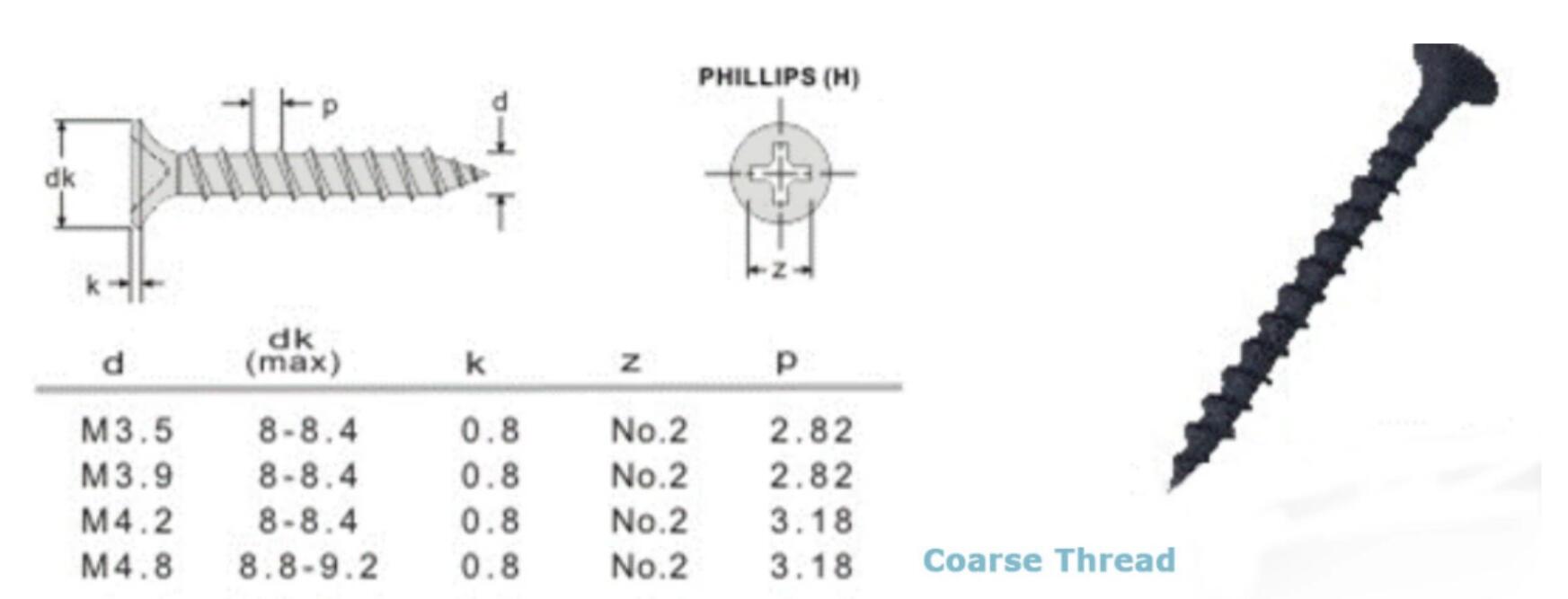drywall screw material
Understanding Drywall Screw Materials
When it comes to construction and renovation, drywall screws are essential components that play a crucial role in the stability and durability of drywall installations. These screws are specifically designed to attach gypsum board (drywall) to framing studs, ensuring a solid and secure fit. While their function is straightforward, the materials used to manufacture drywall screws significantly influence their performance, longevity, and suitability for various environments. In this article, we will explore the different materials used to produce drywall screws, their characteristics, and applications.
Common Materials Used in Drywall Screws
1. Steel - The most prevalent material for drywall screws is steel, known for its strength and durability. These screws are usually made from either soft steel or hardened steel. - Soft Steel Often coated with a layer of zinc or other corrosion-resistant materials, soft steel screws are effective in dry environments. They provide a good grip and can withstand the pressures exerted during the installation process. - Hardened Steel These screws are made from steel subjected to heat treatment, resulting in a harder, more resilient product. Hardened steel screws are ideal for heavy-duty applications or when attaching drywall in areas where additional strength is necessary.
2. Stainless Steel - For environments prone to moisture, such as bathrooms or kitchens, stainless steel drywall screws are the preferred choice. Their inherent resistance to corrosion makes them suitable for applications where exposure to water or humidity is likely. - Although stainless steel screws are generally more expensive than their steel counterparts, their longevity in damp conditions often justifies the investment, reducing the need for replacements over time.
3. Coated Screws - Various coatings can be applied to drywall screws to enhance their performance and resistance to corrosion. For instance, screws may be phosphate-coated or epoxy-coated, providing added protection against rust and environmental factors. - These coatings not only improve the lifespan of screws, particularly in humid conditions but also facilitate smoother installation by reducing friction during driving.
Choosing the Right Drywall Screw Material
drywall screw material

When selecting drywall screws for a particular project, it's important to consider several factors, including the environment, the weight of the drywall, and the type of framing material. Here are some guidelines to help in the decision-making process
- Environment For standard indoor projects in dry settings, basic galvanized or polymer-coated steel screws may suffice. However, in areas exposed to moisture, such as kitchens, bathrooms, or outdoor applications, opting for stainless steel screws will ensure longevity and prevent rust.
- Weight and Thickness of Drywall For heavier drywall sheets or thicker panels, choose hardened steel screws to ensure that they can bear the weight without failing. Typically, heavier applications may require screws longer than the standard size to ensure a secure anchor.
- Cost Consideration While stainless steel screws offer excellent longevity, they come at a higher price. For general interior work, the cost-effective soft steel, and zinc-coated screws may adequately serve the purpose without incurring unnecessary expenses.
Conclusion
Understanding the different materials used in drywall screws is crucial for ensuring the success of any drywall project. Steel, stainless steel, and coated screws each offer distinct advantages that cater to specific needs and environments. By considering factors such as location, moisture exposure, and the weight of the materials involved, you can make informed decisions that lead to robust and lasting drywall installations. Ultimately, investing in the right type of drywall screw material can save time and money in the long run, enhancing the overall quality of construction and ensuring peace of mind in structural integrity.
-
Top Choices for Plasterboard FixingNewsDec.26,2024
-
The Versatility of Specialty WashersNewsDec.26,2024
-
Secure Your ProjectsNewsDec.26,2024
-
Essential Screws for Chipboard Flooring ProjectsNewsDec.26,2024
-
Choosing the Right Drywall ScrewsNewsDec.26,2024
-
Black Phosphate Screws for Superior PerformanceNewsDec.26,2024
-
The Versatile Choice of Nylon Flat Washers for Your NeedsNewsDec.18,2024










